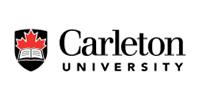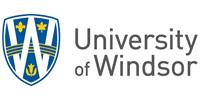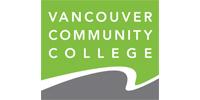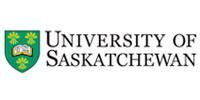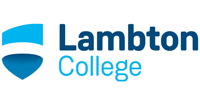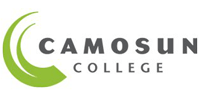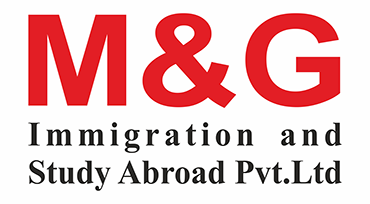Exploring Masters in Public Health in the UK for 2025: Leading Universities, Specializations, Career Paths, and Beyond

A Master’s in Public Health (MPH) is a sought-after degree for those aspiring to make significant contributions to community health and wellness. The UK, with its world-renowned universities and comprehensive public health systems, offers an excellent environment for pursuing this degree. In 2025, students will find a wealth of opportunities in terms of top universities, […]
How to Choose the Right Study Abroad Program for You

Studying abroad is a transformative experience that offers students the opportunity to immerse themselves in new cultures, gain international perspectives, and receive a world-class education. Choosing the right study abroad program involves careful consideration of several factors to ensure it aligns with your academic goals, personal interests, and career aspirations. Here’s a comprehensive guide to […]
How Many Universities to Apply to When Planning to Study Abroad?

Studying abroad is an exciting opportunity that can significantly enhance your educational and professional prospects. However, the application process can be daunting, especially when deciding how many universities to apply to. Here’s a guide to help you navigate this decision effectively. The Magic Number: How Many Applications? When it comes to applying to universities abroad, […]
Is it possible to get a 100% scholarship to study abroad?

For many Indian students, obtaining a full or 100% scholarship often seems like a myth—something frequently talked about but rarely experienced. However, numerous colleges and universities do offer 100% scholarships to Indian students for studying abroad. While securing such a scholarship can be challenging, it is certainly achievable. In this guide, we will explore the […]
Top Reasons To Choose Uzbekistan To Study MBBS Abroad

Are you considering pursuing your MBBS degree abroad? If so, Uzbekistan is becoming a popular destination for Indian students seeking quality medical education. With its high standard of education, favorable climate, and numerous other advantages, Uzbekistan has become a top choice for aspiring medical professionals. Uzbekistan has emerged as a popular destination for numerous aspirants […]
Canada invites 3,000 Canadian Experience Class candidates in the latest Express Entry draw

Immigration, Refugees and Citizenship Canada (IRCC) recently conducted an Express Entry draw, issuing 3,000 invitations to apply (ITAs) specifically for candidates in the Canadian Experience Class (CEC). To receive an invitation, candidates needed a minimum Comprehensive Ranking System (CRS) score of 522. This draw, the second this week, follows a May 30 program-specific draw for […]
5 tips for choosing student accommodation when you study abroad in the UK

Book Early: Upon receiving your offer, initiate your search for student accommodation in the UK promptly. It falls upon you to secure suitable lodging for yourself. Should you opt not to apply for university-owned accommodation, your university will presume that you have arranged or will arrange private accommodation. Commencing your search early offers a wider […]
Returning Home: Nurturing the Heart through Reverse Culture Shock After Study Abroad

Embarking on a study abroad journey is often hailed as a life-changing experience, brimming with adventure, personal growth, and cultural immersion. However, what many fail to anticipate is the emotional rollercoaster that awaits upon returning home. Reverse culture shock, the phenomenon of feeling disoriented and out of place in one’s own culture after an extended […]
Navigating the Wealth of Scholarships for International Students in Canada

Canada, renowned for its inclusive society, stunning landscapes, and world-class education system, beckons international students from across the globe. While pursuing education in Canada can be a transformative experience, it often comes with a significant financial burden. Thankfully, a plethora of scholarships exists specifically to support international students in realizing their academic ambitions. Let’s delve […]
Solo vs. Group Study Abroad: Pros, Cons, and How to Choose the Right Option

Studying abroad is an exhilarating opportunity that promises to broaden horizons, foster personal growth, and deepen cultural understanding. However, when deciding between solo and group study abroad experiences, prospective students often find themselves at a crossroads. Both options offer distinct advantages and challenges, making it crucial to weigh the pros and cons before making a […]


























